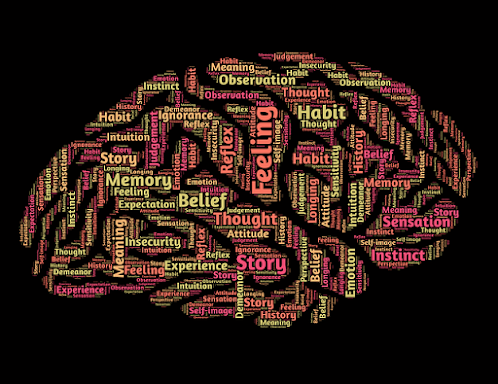The human brain has about 2% of our body weight, it uses up to 20% of our energy resources. Our brain is, of course, quite just the sum of its nutritional parts. But each part of it does have a definite impact on functioning, development, mood, and energy. If we look into our brain consists of fatty acids which prevent degeneration of the brain, omega 3 & 6 which are crucial for the creation & maintenance of cell membrane, trans & saturated fats helps maintaining brain health, protein & amino acids helps in building block nutrients of growth and development, and helps in manipulate how do we feel and behave. Amino acids contain the apparent predecessor to neurotransmitters, which contain chemical messengers that help to carry out the signals between neurons and affects things like the mood, sleep, attentiveness, and weight. So feelings such as lack of interest, or late-night alertness in your brain would simply be the consequences of food that you had post-lunch.
Sometimes combinations of complex compounds in food can also
stimulate brain cells to release mood-altering dopamine, serotonin, &
norepinephrine. So a diet with a range of foods helps to maintain a balanced
combination of brain activities and keeps your mood from getting skip from one
direction or the other and benefits from a steady supply of micro-nutrients,
just like our body. And without powerful micro-nutrients, like vitamins B6,
B12, and folic acid, our brains would be susceptible to brain disease and
mental decline. Antioxidants in fruits and vegetables also help to strengthen
the brain to fight off the free agents that destroy our brain cells and enables
our brain to work more efficiently for a longer period. Minerals such as iron,
copper, zinc, and sodium also play a crucial role in early cognitive
developments and the health of our brain. The carbohydrates in our food that
our body digests into glucose or blood sugar account for most of the energy
required for our brain to work. And due to this our frontal lobes are so
sensitive to drops in glucose, that a change in mental function is one of the
reasons for a nutrient deficiency. Food like light bread consists of high
glycemic which causes a rapid release of glucose into the blood and shoots down
blood sugar causing an effect on our focus span and mood. And on the other side
legumes, oats & grains have slower glucose release, which enables a
steadier level of attentiveness. So the ratio
of the sugar and fiber subgroups to the whole amount, affects how the body and
brain respond.
But whatever we eat if the intake of the micro-nutrients can also
have some side-effects. So at last, when it comes to eating habits, the choices
you take could have a direct or a long-lasting effect on the most powerful
organ in your body.



0 Comments